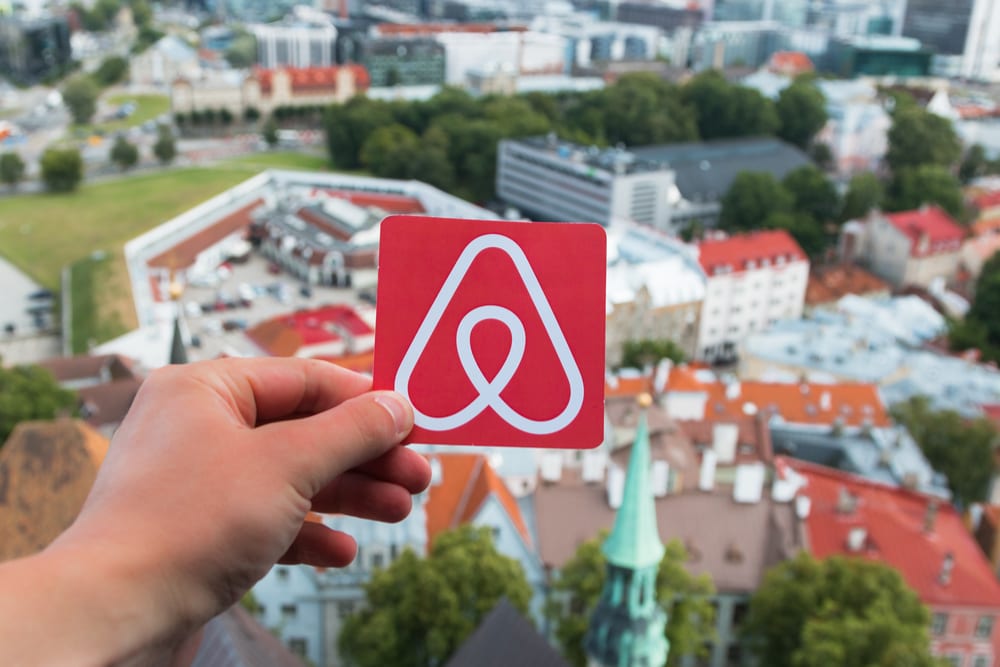
Changing Your Investment Style from Long-Term to Airbnb
 It might feel like the sharing economy is still fresh and in full force, the truth is that home-sharing companies like Airbnb have existed for nearly a decade. The uptake of services like this might have been slower in Australia than elsewhere, but it’s now safe to say that they’ve well and truly taken off, with landlords across Australia reaping the benefits.
It might feel like the sharing economy is still fresh and in full force, the truth is that home-sharing companies like Airbnb have existed for nearly a decade. The uptake of services like this might have been slower in Australia than elsewhere, but it’s now safe to say that they’ve well and truly taken off, with landlords across Australia reaping the benefits.
However, is Airbnb too good to be true? Although it’s yet to burst, research has shown that the Airbnb bubble has definitely started to leak a little, with the business currently holding close to 5 million listings across the globe in over 191 countries. The impact on these communities hasn’t gone unnoticed, with local councils and governments starting to push back with stringent regulations.
What Airbnb Restrictions are there?
Research shows that in Sydney alone, there are close to 33,000 listings, with Melbourne following close behind with over 20,400. The majority of these properties have been following rules set out by local councils on a postcode to postcode basis, which can make it confusing both for hosts and guests. This requires a bespoke approach, as the requirements of each location are likely to differ and therefore shouldn’t all have to abide by the same inner-city regulations.
Some Australian restrictions have been lifted from strategies implemented in overseas cities that have been seen to be effective, such as asking the property owners to get a license or register as a holiday rental business.
Victoria has looked into both of these for properties that accept over 90 days of bookings a year, including compensation to neighbours where antisocial behaviour takes place, as well as fines to the hosts.
In April, the Tasmanian government approached the situation differently, offering home owners a $13,000 payment if they opted for long-term leases for low-income tenants over short-term holiday rentals. NSW also set in place a booking cap of 180 days in urban areas like Sydney, Wollongong and Newcastle. The right to ban Airbnb properties has also been given to Strata corporations.
The Challenges with Airbnb
On top of the legal responsibilities that come with owning an Airbnb property, there are also practical elements that shouldn’t be taken for granted. Although the rental yield might come in significantly higher than if you were to offer a long-term lease, the upkeep costs, time investment and maintenance is considerably higher, and there won’t be any guarantee that you’ll get the number of bookings you need to match the costs.
The app offered by Airbnb tries to streamline the process as much as possible, but there are certain logistics, such as delayed flights, Wi-Fi not working and general confusion that are out of their control. These are issues that will all need to be handled by you immediately, whether they occur during the day or at night.
In addition to this, although you’ll be gaining a nice surplus to your primary income, there are tax implications that need to be taken into account. You’ll need to maintain strong records of your Airbnb income and expenses and develop an understanding of how capital gains tax can come into play.
Although it might seem attractive, Airbnb falls short of being a reliable investment strategy. Unless you find the ideal property in a perfect location, latching onto a constant stream of guests isn’t going to be realistic, meaning there are likely to be lulls where you’ll have to fit the bills for maintenance and upkeep yourself.